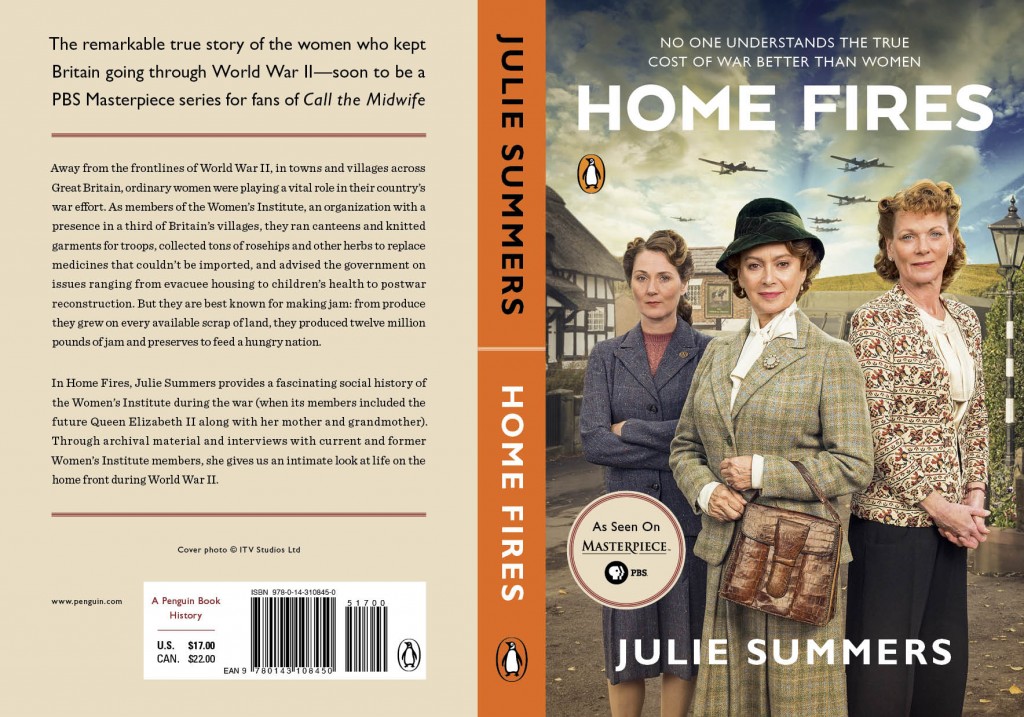‘Women’s Rights are Men’s Issues’: thus spoke the great Meryl Streep on the BBC’s Today programme shortly before 8 o’clock this morning. She was being interviewed about the film Suffragette in which she plays the role of Mrs Pankhurst. Carey Mulligan, who plays the lead role in the film, pointed out, with frustration, that it had taken 100 years to get a film made about ‘this enormous human rights movement.’ Asked why she thought it was so much more difficult to get films made about women’s issues than men’s, she was direct: ‘Our industry is sexist.’ Meryl Streep said: ‘It’s harder for them [men] to live through a female protagonist in a film. I’m not sure why that is . . . They point to the box office. Women’s films don’t sell . . . Even though Mamma Mia has made over a billion dollars for everyone.’ She added. ‘We should all be included, we are half the human race.’
Recently Forbes carried out some research showing that in 2014 the top ten female actors earned just over half that of their male counterparts. There were just two female directors in the top 100 films and that year there was no female over 45 in a lead or co-lead role in the top 100 films. Well, thank goodness that has changed with Meryl Streep’s role in Suffragette.
Closer to my home in the UK, female actors have similarly felt they were competing against insuperable odds to remain relevant in middle age. In summer 2014 Samantha Bond (Miss Moneypenny in the James Bond films; Lady Rosamund, Downton Abbey) was attending a workshop at the National Theatre to discuss specifically why there were no roles for middle-aged women. That afternoon she received a call from her agent ‘to say that there was going to be a programme made about the WI called Jambusters [now Home Fires]. My heart fell.’ She went back into the workshop and said: ‘You are not going to believe this, ITV is doing a series for middle-aged women and we are all going to be making jam – is that where we have got to in the 21st century?’ But then she read the scripts and loved them. There was nothing sentimental about the jam-making and there was a strong sense of female drive. ‘I think the younger Frances [Barden] would have been a Suffragette. I certainly would have been!’ she said. ‘All the key women in the series are of a certain age, so they all have vivid memories of the First World War. They all know what is going to happen, they know about the loss.’
With great sensitivity and an equal amount of verve, script-writer Simon Block has got inside the heads of those wartime Institute members and created a women-led ensemble drama which shows a different side of life during the Second World War in the UK. For me, as the author of the non-fiction book Jambusters [Home Fires in the USA], what I celebrate in this drama is Simon’s ability to convey the fear of the unknown for the mothers, sisters, daughters of the characters as well as their resolve not to be undone by a new, possibly more terrible war. The threat of the Second World War brought with it the very real possibility that their way of life would be destroyed. The strength and determination of the women to work together to stand up to this threat is inspiring and moving. It is a vital continuum of the women’s movement portrayed in Suffragette.
Home Fires is written by a man. It is directed by men. The head cameraman is a man. So does it fall into the trap that so annoyed Meryl Streep at 8 o’clock this morning? I rather think not. The producer and executive producer are women. But it is the fact that Home Fires has as its DNA a non-fiction book about women, ordinary women in extraordinary times, written by a middle-aged woman that gives it depth. These women were the daughters and nieces of the women’s movement. They belonged to an organisation that had as its founders many of the Suffragists. An early biographer wrote of the Women’s Institute: ‘The Suffragists made the pot boil, the Institute movement showed how some things could be got out of the pot.’ Over its 100-year history, the WI has been a force to be reckoned with, campaigning for everything from equal pay for equal work (1943) to a ban on smoking in public places (1964). We’re not there yet on the former, as Meryl Streep revealed to a shocked BBC interviewer, telling her that she often gets offered less pay than male actors. And the latter took forty years to become law. Make no mistake, there is a lot still to be fought for.
I am sure there are those who would find Home Fires more entertaining if ‘a Panzer division tore down Great Paxford high street, raping the inhabitants and pillaging the shops’ as my friend Andy Ballingall suggested. However, that did not happen in real life so we will not let it happen in the drama. While we are not slaves to history, the truth is at least as powerful as any fiction. It is the perceived fear which is as potent as anything a gun, tank or fighter plane could inflict upon the inhabitants.
Home Fires in the UK had more viewers than any other ITV drama since Downton Abbey. That must prove it has appeal beyond just a female audience. Certainly, when I visit the set and meet the actors they are all universally delighted to be working with strong characters based on equally strong historic women. The male actors are as proud as their female counterparts. Strong women are inspiring. And none more so than the magnificent Meryl Streep and Samantha Bond.



